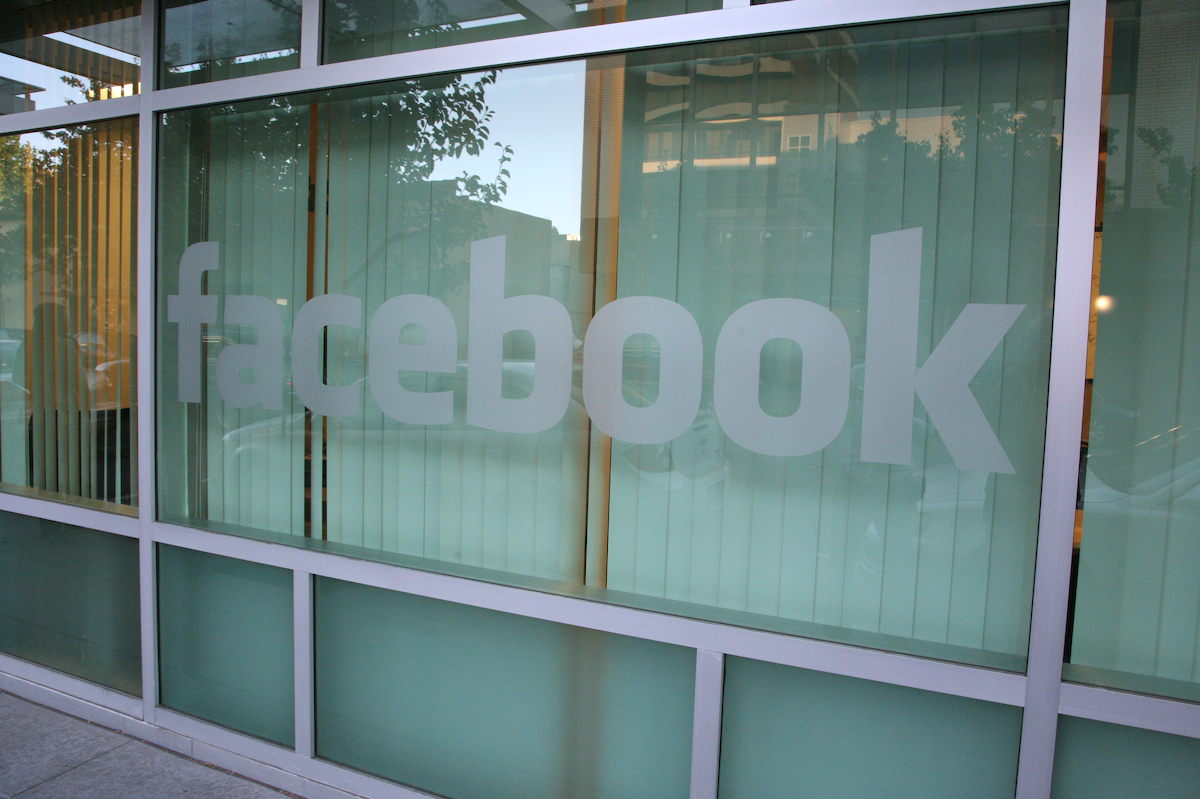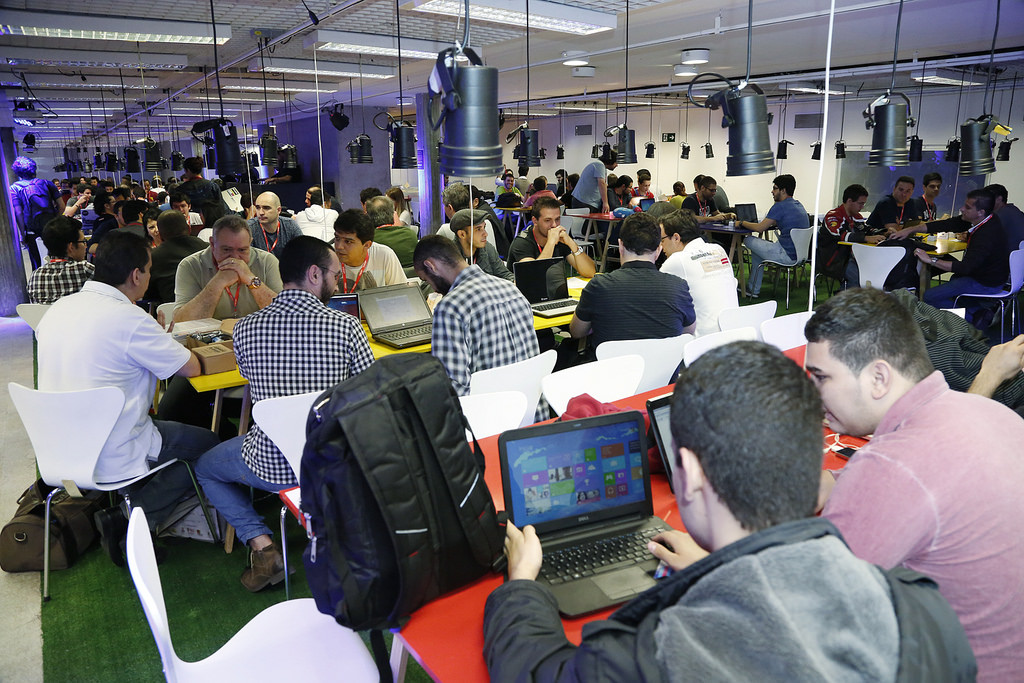With law firms and their clients facing cyber threats more and more frequently, it makes sense that firms would want to come together and share what information they know about these threats in order that each firm can be better prepared to advise their clients. The Legal Services Information Sharing and Analysis Organization, or LS-ISAO for short, was formed to allow this kind of collaboration between firms. The new alliance is connected with a similar organization, the Financial Services Information Sharing and Analysis Organization, or FS-ISAO, which has been requiring private and public financial sectors to share information on cyber security and other threats since 1999. While LS-ISAO was formed after several law firms contacted the FS-ISAO, not all law firms are eager to join the alliance.
Although any law firms are educating their members on cyber threats or even have teams specifically dedicated to cybersecurity, most law firms guide their response to cyber threats based upon their clients’ opinions. For example, Chanley Howell, a member of the cybersecurity team at Foley & Lardner, isn’t very keen on becoming a part of the alliance, but explains, “If we start hearing clients recommend it, we’ll probably join.” Though it may seem counterintuitive for a cybersecurity team to put off joining an organization created to spread knowledge about cyber threats, Jeremiah Buckley, a founder member of Buckley Sandler who writes about cyber risk, argues that there are some potential drawbacks an organization that shares cybersecurity information so freely. Namely, if a law firm shares what they learned from a cyber threat with the alliance, even though everything is required to be anonymous, other firms could still determine which law firm was involved and then use that information to attack and discredit the firm. On the flip side, firms should be wary of information that is shared anonymously since there is no way to prove that the information is correct. Finally, firms are still competing with one another, and giving someone else a leg up may not always be in a firm’s best interests.
Even though there may be some issues associated with the new alliance, the Legal Services Information Sharing and Analysis Organization is still young. With time, according to the Vice President of Products and Services at the FS-ISAO, trust will develop between its members.
Article via Bloomberg BNA, August 21, 2015
Photo: Two People-Business Meeting via Stephen D [Creative Commons Attribution-NonCommercial-NoDerivs]





